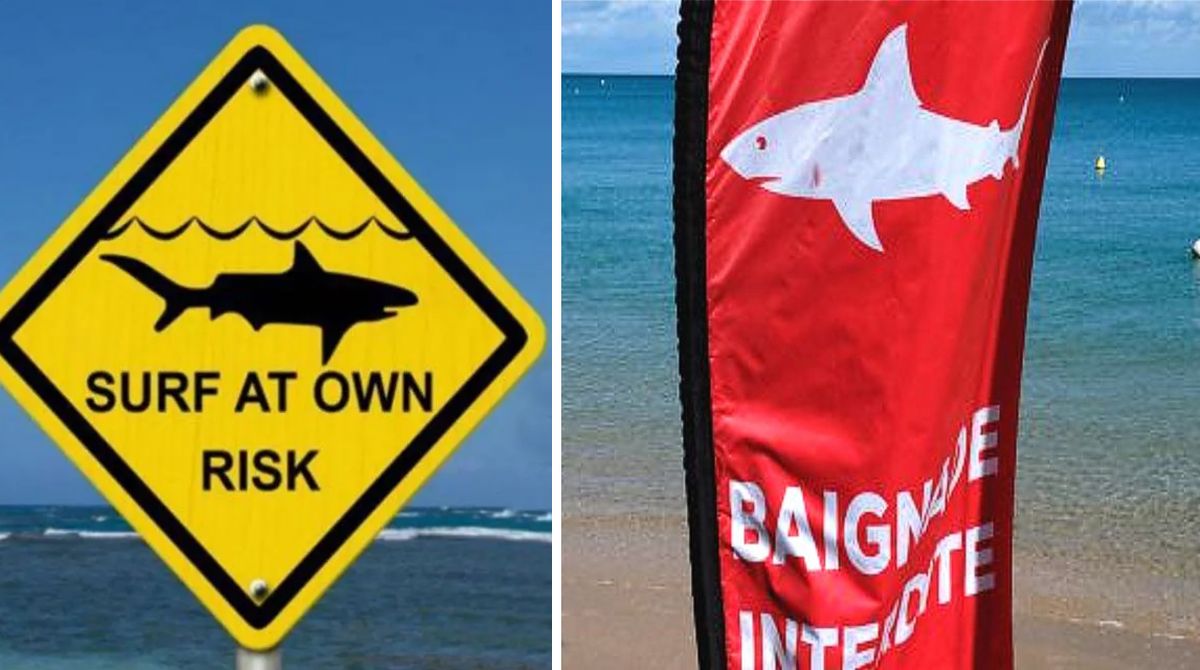An American tourist has died after being attacked by a shark while kayaking near a resort in the Bahamas. This was reported by USA Today.
According to reports, the incident happened on Monday, when a 44-year-old woman was resting with a relative near the shores of the Sandals Resort. Police Sergeant Desiree Ferguson said the shark attacked less than 1.5 km from the beach. The woman is understood to have sustained significant non-life-threatening injuries to the right side of her body, including her right thigh and arm.
The rescuer, who witnessed the terrible event, promptly brought the victim and her family members to the shore of New Providence Island, but despite all efforts, the medics who arrived at the scene declared the woman dead. The local authorities did not provide information about the type of shark that killed the American woman.
This case, unfortunately, is not an isolated one in the Bahamas. Over the past few months, there have been several attacks by predators on humans, which have resulted in consequences ranging from serious injuries to death.
Here are a few recent episodes:
- A 47-year-old German woman is missing after she encountered a shark in the waters off West End, Grand Bahama.
- In June, tourists from Iowa had their legs amputated after being bitten by a shark in the Bahamas.
- In September 2022, a 58-year-old tourist from Pennsylvania who was diving with her family off the coast of Nassau, the capital of the Bahamas, was mauled by a shark.
Last Saturday, a tragic incident occurred in Mexico: a 26-year-old tourist died after being attacked by a shark that bit off her leg right in front of her child. The incident happened in Melaka, on the Pacific coast of the country, and shocked the eyewitnesses. A woman was swimming with her child 20 meters from the shore during a swimming competition.
Attack statistics
Shark attacks, especially fatal ones, are rare, said Gavin Naylor, program director of the International Shark Attack File, a database that tracks such incidents. Last year, 57 cases of unprovoked attacks on people were registered, with the majority of episodes occurring in the United States. It is believed that sharks bite most often out of confusion or curiosity rather than aggression. But the fact remains: even though the number of attacks is small, the consequences can be extremely severe.
Research by the National Oceanic and Atmospheric Administration has indicated that sharks can attack when trying to learn something new or when they mistake a person for another animal. Naylor emphasized that in most cases, humans and sharks try to avoid each other and that if sharks preyed on humans, the number of attacks would be much higher. “If sharks attacked people, we would see 1,000 bites a day,” the expert assured.

